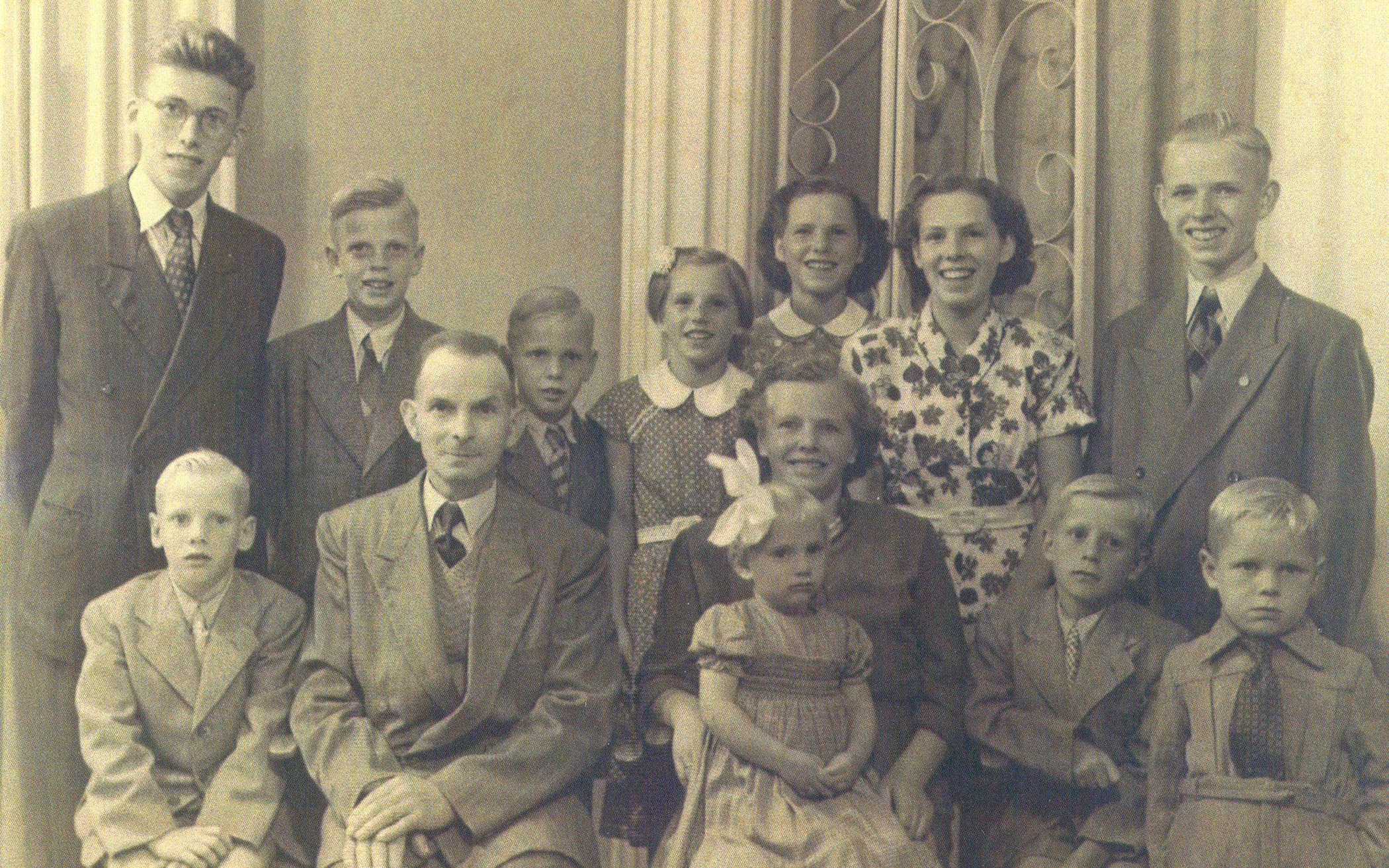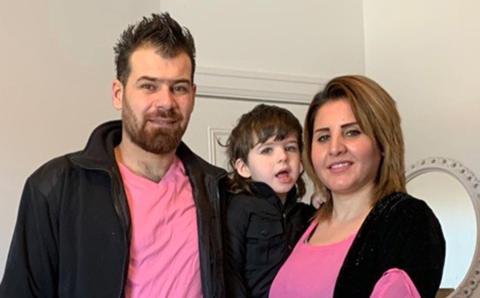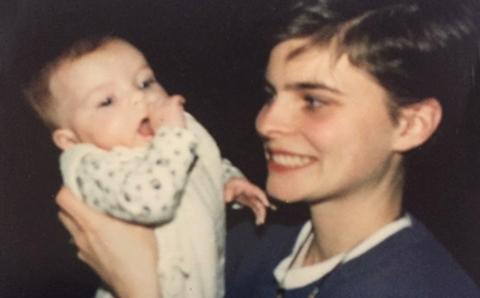“Growing up … the word ‘alien’ was tossed around a lot, and so when thinking about my role here in the United States, I always felt like an outsider,” Alex Vasquez said.
Vasquez is just one of several Christian Reformed people who shared their personal stories as part of the Immigration Is Our Story interview series hosted by the Office of Social Justice. Its format is similar to that of StoryCorps, which records and shares everyday stories. For the OSJ series, immigrants were interviewed by descendants or loved ones from churches across North America.
The stories span decades and include diverse experiences. More recent stories, such as Vasquez’s, offer an interesting juxtaposition with more historic accounts. Henri and John Admiraal, for example, immigrated from the Netherlands to East Palmyra, N.Y., in 1956. The brothers arrived by ship over rough March seas and made a brief stop in Halifax, N.S., before continuing to New York. Their account shows striking similarities and differences with Vasquez’s story.
Some stories, such as Henry Kipper’s, illustrate the origins of Christian Reformed churches built by immigrants searching for better economic opportunities and religious freedom. Many Dutch immigrants arrived in Canada in the 1950s, in part because of Canadian soldiers’ role in liberating the Netherlands from Nazi occupation, and they built new churches where they settled.
But CRC immigration stories are not limited to people of Dutch heritage. Maria Cristina Aguilera, for example, tells her heartbreaking experiences as a 10-year-old leaving Cuba as it turned toward communism. She found community in a local CRC.
In fact, Christian Reformed congregations have a long history of sponsoring and supporting immigrants. This includes financial assistance, a worship community, and advice on how to navigate life in a new world.
“An important part to remember is how the church helped,” said Bill Lensink, another voice in the project. He explained that the church offered him sound advice that helped him find fair employment that would sustain him year-round.
“I was sponsored by International Harvester in Hamilton to work there, but Mr. N from the church said, ‘No, don’t go to Harvester because you’ll get laid off most of the winter,’” Lensink explained.
A central theme in all six of the project’s stories is how CRC congregations pulled together to help immigrants. This type of community is central to creating new relationships and thriving in a new country. Like most immigrants today, those in the CRC’s history could not make the transition alone.
“These stories point us toward our own stories and those we grew up hearing from friends and relatives. They can also inform our perspectives towards immigration today,” project organizer Melissa Stek said.
“Immigration was, and is, our story,” she explained. “We hope that this series invites listeners into deeper reflection on their roots and the experiences of immigrants today. How can these stories change the posture of our hearts towards today’s immigrants and the challenges they face?”
To listen to these stories, to find related discussion questions, or to contribute your own interview, visit bit.ly/ImmigrationStoriesCRC.
About the Author
Victoria Veenstra







